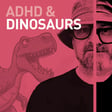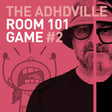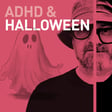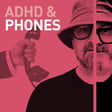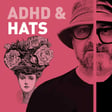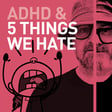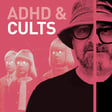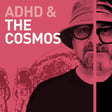
Episode 88 - ADHD - Looking Into The Future
Correction: Paul is not correct about the diagnosis of ADHD or ASD through Neuro-imaging. It can detect structural differences that are more common for ADHD or ASD, but it cannot be used as a stand-alone diagnostic tool.
-------------------------
Introduction to the Episode:
Join Paul and Martin, the ex-co-mayors of ADHDville, as they dive into the wild, wonderful, and sometimes wobbly world of ADHD! This week, they’re exploring the future of diagnosis and therapy—from high-tech hats 🎩 to AI-powered quizzes 🤖—and asking: Why is ADHD science still stuck in the past?
Expect chaos, tangents (of course), and a tractor ride 🚜 through the latest in ADHD tech. Plus: a bonkers town crier quiz and questionable Scottish accents.
New episodes every Tuesday! Hit subscribe so you don’t miss the madness.
See our beautiful faces on YouTube
Put quill to paper and send us an email at: ADHDville@gmail.com
ADHD/Focus music from Martin (AKA Thinking Fish)
Theme music was written by Freddie Philips and played by Martin West. All other music by Martin West.
Please remember: This is an entertainment podcast about ADHD and does not substitute for individualized advice from qualified health professionals.
